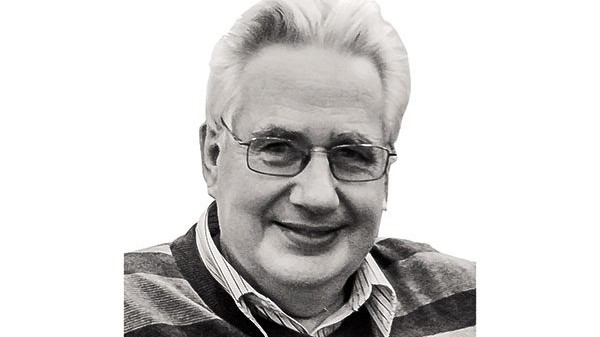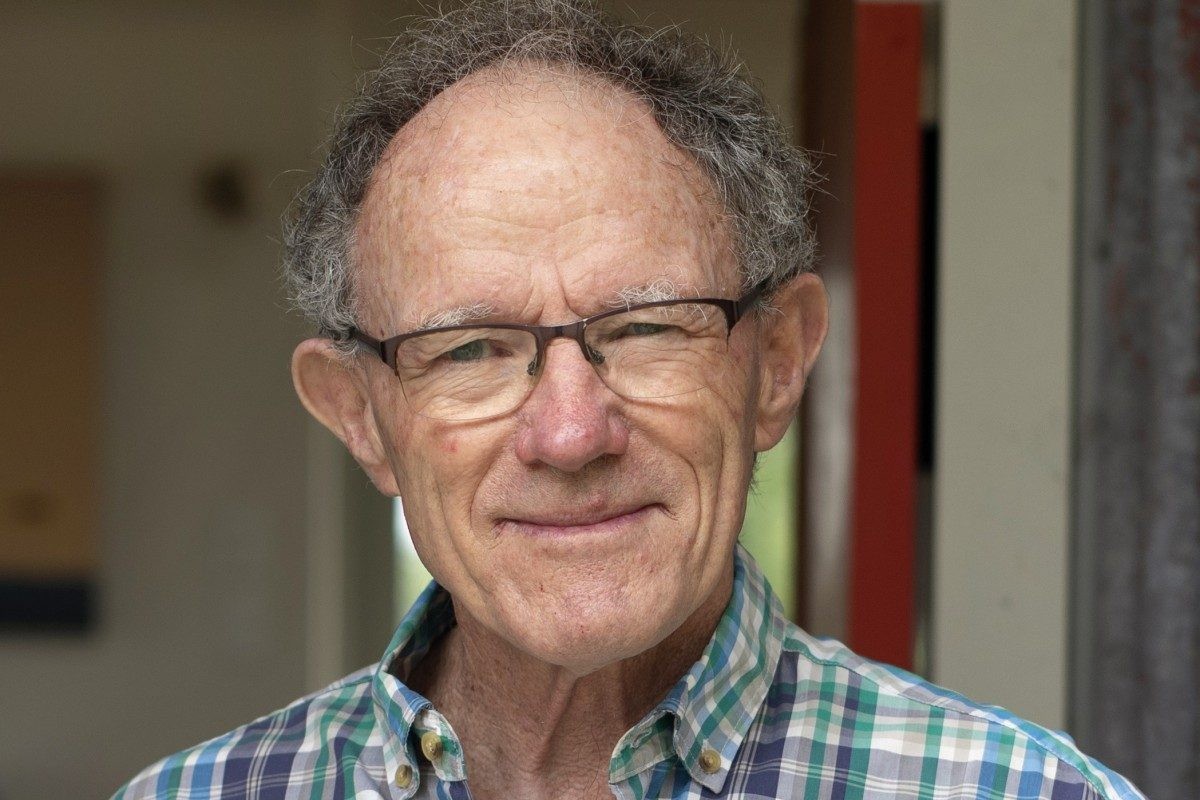Why do we Need Worktome Hours?

Changes to work-time and logbooks are on the horizon. Where do these regulations come from, and where could they go?
Recent publicity suggests that, before long, we can expect the government to release a document that will include a discussion about work-time. Maybe it will be called something like, “Towards a safer road transport industry”. Although it is impossible to guess what the document will hold, we can be sure there will be moves towards the compulsory use of electronic logbooks. This should come as no surprise as this was signalled in the government’s Road to Zero strategy in late 2019.
It will be interesting to see if one of the options in the document will be to do away with the work-time rules altogether. It would also be interesting to know if the officials who developed these documents and briefed the minister discussed the original purpose of the work-time rules.
Brief background
In 1936, the government introduced The Transport Licensing (Goods-Service) Regulations. These included restricting the distance goods could be moved by road and the hours drivers of goods vehicles could work. They also required every holder of a goods service licence to keep a timebook recording hours of work and rest breaks.
The restrictions on worktime hours introduced back then have changed little. Timebooks have morphed into drivers’ logbooks, which were introduced in 1987.
The restrictions on drivers’ working hours were introduced along with some other measures to prop up the government’s railway network, which was suffering from the effects of more freight moving by road. Linking work-time to driver fatigue came later, but this is now cited as why we need current work-time rules.
What we should be asking
Given the tenuous link of worktime to fatigue, isn’t it time we started asking why we need work-time hours at all?
We know that driver fatigue is a significant workplace hazard, which pushes the management of fatigue among commercial drivers clearly into the scope of the Health and Safety at Work Act 2015, and the responsibilities this puts on everybody when it comes to identifying hazards. Surely this is sufficient? Why do we need two pieces of legislation that involve preventing fatigued drivers from driving on our roads?
Singling out commercial drivers for special treatment, such as restricting the hours they can work when the same rules are not applied to other drivers, must surely be a form of discrimination? Discrimination by occupation.
What could be done?
Whether travelling from A to B for a holiday or moving goods or passengers, nobody wants fatigued drivers on our roads, regardless of the situation that takes them there. It should not matter if a driver is getting paid or not – a fatigued driver is a fatigued driver, and it’s fatigued drivers that we do not want; that should be our focus.
Considering today’s technology, I am sure somebody can design a simple fatigue analysis app that assesses fatigue risk before a driver starts driving and during the drive.
This app could be linked to the engine management system so that if the driver is assessed to be high risk, the vehicle will not move. The app could also be used to detect the use of drugs that could impede driving or are taken to mask the signs of fatigue. As a backup, the app could also incorporate on-road fatigue detection similar to some of the current devices on the market.
As a fatigue prevention/ detection package, an app such as this would surely be on the way towards achieving the road safety outcomes the government talked about back in 2019. This would be far better than continuing to try and justify restricting working hours that were designed to protect a government department more than 85 years ago.
A qualified motor mechanic, auto electrician and diesel mechanic by trade, Russell was transport manager and national fleet manager for New Zealand Post until 1995. He then did several industry-related contract jobs, including working with the industry training organisation developing qualifications. The NZTA employed him in various roles before he worked for EECA in its Heavy Vehicle Fuel Efficiency programme. Now semi-retired, he is still involved with the industry and doing some volunteer work.




